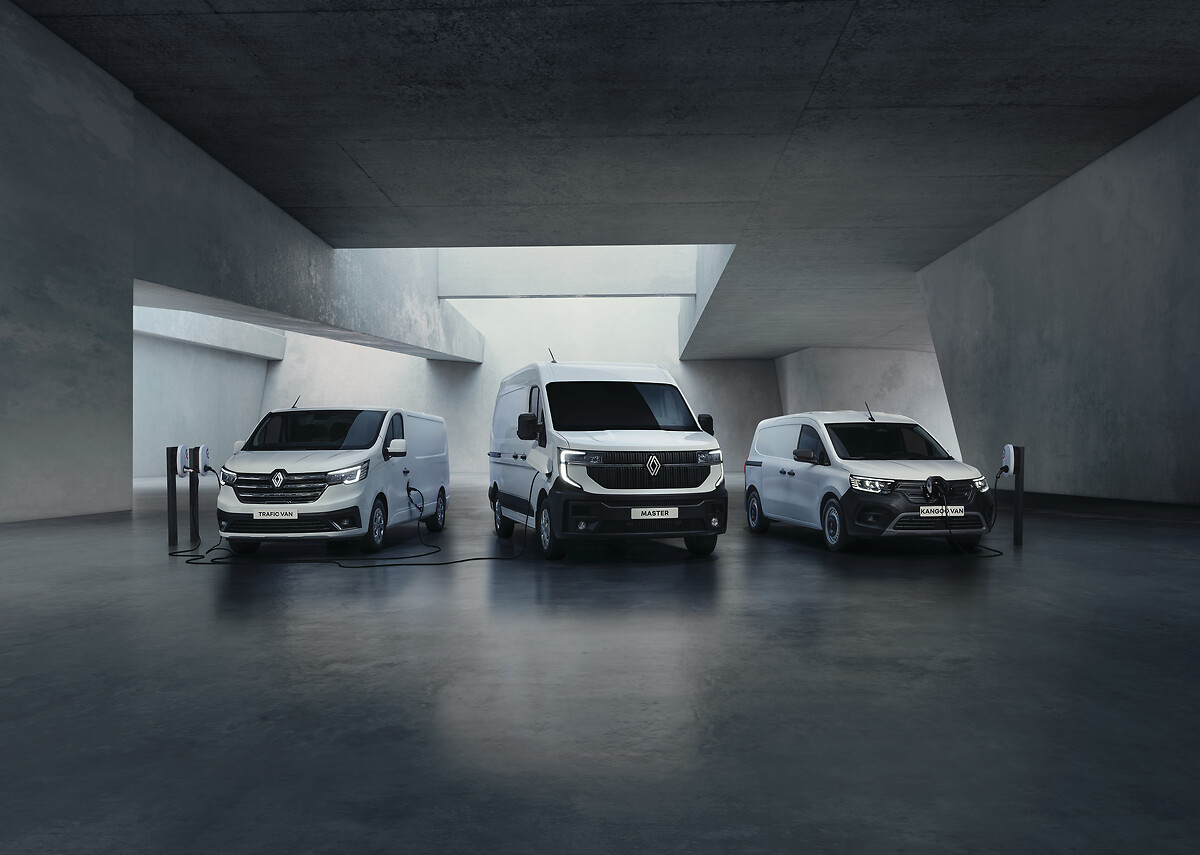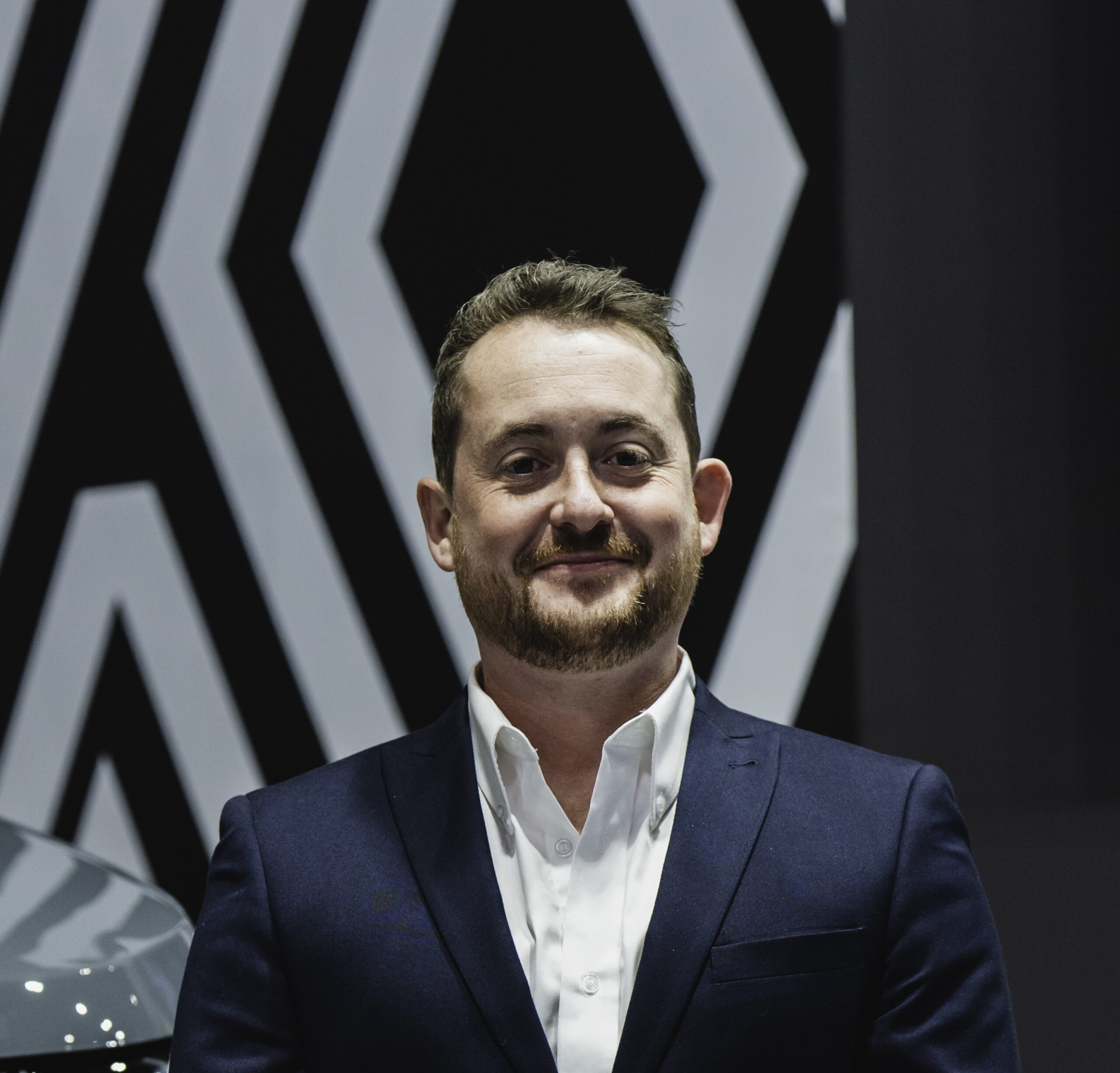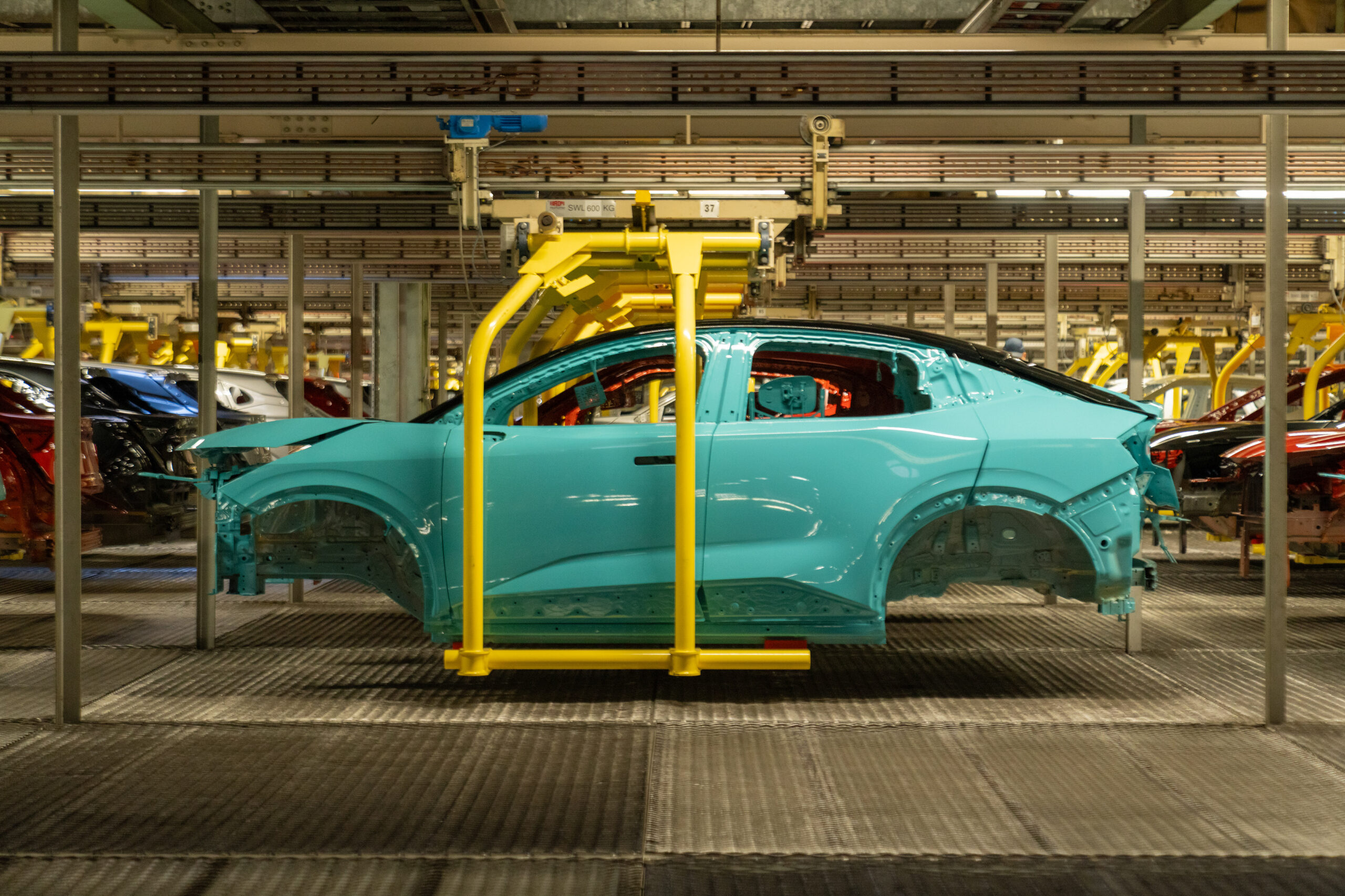
What do you think are the major challenges for the CV and van industry in particular at the moment?
Electrification is incredibly exciting for the sector but can also be daunting for customers, especially with changing legislation. We offer a pure-electric version of all our vans, together with a charging ecosystem, for those who are moving from ICE to electric, but we also understand that while many may want to make the jump, now might not be quite the right time.
We work with customers to ensure that electric is the best for their situation, because if it isn’t and they make the move, it doesn’t help anyone and can set operations back rather than move them forward. It’s all about being transparent.
Once electric is identified as the best for a customer and they sample it, they find it’s a transformative experience: they’re fun to drive, they’re quiet, and they’re efficient. Not only do they make rational sense, and they can tangibly save businesses money on ownership costs, but they’ve also got huge emotional appeal.
What have been the key developments and what will be the focus for the next two years for Renault Vans?
Renault is enjoying great success in the UK van market, achieving record sales in 2024. We saw registrations just short of 28,500 units, and that momentum has continued into 2025 with a 6.5% share of the market in the first quarter.
If you take out pick-ups and short-term rental volumes, Renault is the second largest van brand in the UK. Helping to drive this is full availability of our product range, with the Renault Master – the 2025 International Van of the Year – now fully launched and on sale, sitting alongside Kangoo and Trafic.
The next two years will be even more exciting for us and van customers. From next year, Renault will embark on launches that will significantly grow its van range with the addition of three advanced full-electric, software-defined vehicles – the new Trafic, Estafette and Goelette.
Based on Renault Group’s Ampere skateboard platform, they all have been designed with specific jobs in mind. The new Trafic is a conventional van, the Estafette is a full-height, step in/step out delivery-style van and the Goelette is a chassis cab configurable with a variety of body options, including box van, tipper and dropside.
E-Tech Trafic, Master and Kangoo vans have been hugely popular. Why do you think that is?
Basically, they work in every sense. Our electric vans are designed not just to be efficient and environmentally compatible, but to do a job. They combine all the benefits of electric vehicles and ownership with what today’s van customers need – space, good payload, usability, and car-like features and driving experience.
For example, the multi-award-winning Master E-Tech offers a class-leading range of up to 285 miles, has a payload of up to 1,625kg and, coming soon, will have the ability to power tools and devices once at the worksite thanks to Vehicle-to-Load (V2L) functionality.
EMED enhanced its fleet with over 250 Renault Master vans after being awarded two new patient transport contracts. How did this come about?
Renault vehicles now account for nearly half of EMED’s vehicle fleet. The business considered other vehicles over an 18-month tender period, but its positive experience of its existing Renault vehicles drove its decision to invest in more, with reliability, durability, economy and the competitive price being key decision drivers. Notably, the weight of the base Master van allowed EMED to keep the fully-converted unit below 3.5 tonnes, which allows a wide array of staff to drive.
It was more important for EMED to have a quality product which lasts, rather than being the cheapest available. That longevity is evident through the company intending to keep each of its new Master vans for seven years, with the possibility that this may be extended to 10.
EMED enhanced its fleet with over 250 Renault Master vans after being awarded two new patient transport contracts. How did this come about?
Renault vehicles now account for nearly half of EMED’s vehicle fleet. The business considered other vehicles over an 18-month tender period, but its positive experience of its existing Renault vehicles drove its decision to invest in more, with reliability, durability, economy and the competitive price being key decision drivers. Notably, the weight of the base Master van allowed EMED to keep the fully-converted unit below 3.5 tonnes, which allows a wide array of staff to drive.
It was more important for EMED to have a quality product which lasts, rather than being the cheapest available. That longevity is evident through the company intending to keep each of its new Master vans for seven years, with the possibility that this may be extended to 10.
How important are the off-the-shelf van conversions and how successful has the take-up been?
There’s always strong appetite for off-the-shelf conversions, simply because they’re convenient for customers and provide a specialised vehicle that is built to the factory standard and comes with the benefit of a comprehensive warranty that is like that of a normal Renault van. For ease, these conversions can be ordered from the Renault Pro+ sales network, enabling a complete customer experience in a single point of sale.
Recently, the offering has become even more attractive with the launch of new Renault Master tipper and dropside conversions. The build of these recognises the specific requirements of UK customers, notably enabling the efficient fitting of accessories such as tail lifts and safety-enhancing fall arrest systems.

Seb Brechon
Head of LCV & PRO+, Renault UK


